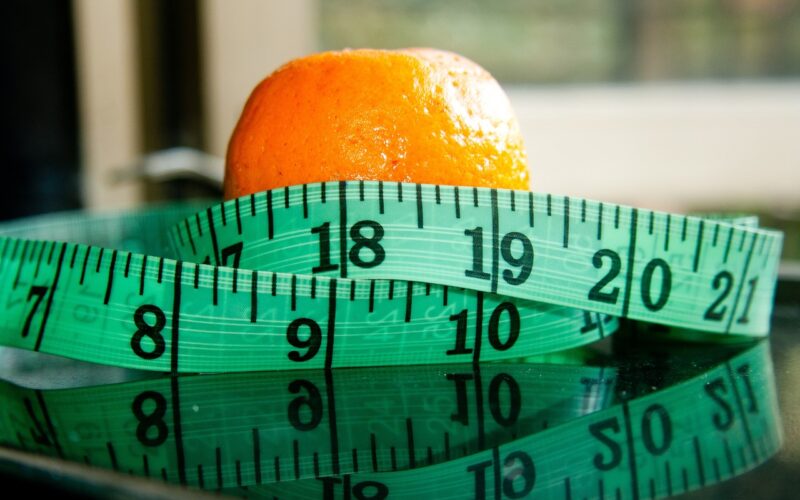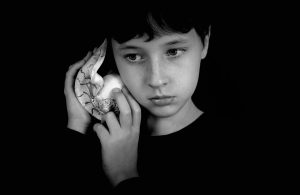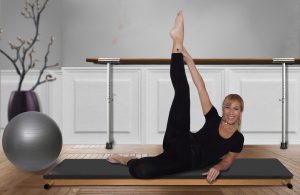Safeguard Your Hearing Health
Our sense of hearing connects us to the world in countless ways, from the joy of music to the safety of hearing an approaching car. Yet, many of us take this vital sense for granted until it begins to fade. Hearing loss is one of the most common health conditions, but it is also one of the most preventable.
Safeguarding your auditory health is not something to think about in later life; it is a commitment you can make today. By understanding the risks posed by noisy environments, practising proper ear hygiene, and adopting simple safety measures, you can take powerful steps to protect your hearing for a lifetime.
The Threat of Noisy Environments
One of the greatest modern threats to our hearing is noise. We are surrounded by it—from roaring traffic and loud workplaces to the personal audio devices we use every day. Exposure to loud sound is a primary cause of noise-induced hearing loss (NIHL), a permanent condition that occurs when intense sound waves damage the delicate structures of the inner ear.
This damage is directly related to the volume and duration of the exposure. Sounds are measured in decibels (dBA); any prolonged exposure to levels above 85 dBA, roughly the sound of a busy city street, can cause irreversible harm. A rock concert can exceed 110 dBA, and at this level, damage can occur in minutes. The solution is simple but often ignored: protect your ears.
Use earplugs at concerts and in noisy clubs, and invest in industrial-grade earmuffs if you work in construction or manufacturing. When listening to music, follow the 60/60 rule: listen at no more than 60% of the maximum volume for no more than 60 minutes at a time.
Ear Hygiene and Safety Practices
Beyond avoiding loud noise, good ear hygiene and general safety are crucial for hearing health. A common mistake many people make is using cotton buds to clean their ears. This practice can push earwax further into the ear canal, creating a blockage or even puncturing the eardrum. Earwax is a natural, self-cleaning agent that protects the ear from dust and bacteria; the ear canal typically cleans itself.
If you do experience a wax build-up, it is best to consult a GP or audiologist who can remove it safely. Additionally, certain medications, known as ototoxic drugs, can damage hearing. If you are prescribed antibiotics or other strong medications, discuss the potential side effects on your hearing with your doctor. Finally, managing your overall health has a direct impact on your auditory system. Conditions like diabetes and high blood pressure can damage the delicate blood vessels in the inner ear, so keeping these under control through diet and exercise is another key part of safeguarding your hearing.
Understanding, Coping with, and Managing Hearing Loss
To truly appreciate the importance of protection, it is vital to understand the alternative. So, what is hearing loss? It is not just about sounds being quieter; it is often about them being less clear. The most common form, sensorineural hearing loss, results from damage to the tiny hair cells in the inner ear or the auditory nerve.
These hair cells are responsible for converting sound vibrations into electrical signals that the brain interprets. Once they are damaged by factors like ageing, noise, or certain health conditions, they do not grow back. The damage is permanent.
This loss typically begins in the high frequencies, which is why people often complain that they can hear that someone is speaking but cannot understand the words. Consonants like ‘s’, ‘f’, and ‘th’ become difficult to distinguish, turning clear speech into a muffled puzzle. Because this decline is often gradual, many people unconsciously adapt over years, not realising the extent of their loss until it significantly impacts their life.
Emotional and Psychological Challenges
Coping with hearing loss is a journey that involves navigating significant emotional and psychological challenges. The realisation that your hearing is fading can bring a sense of grief and frustration. Simple pleasures like chatting in a busy café or following a family dinner conversation become stressful, leading many to withdraw from social activities they once loved.
This isolation is a major risk factor for developing anxiety and depression. The first and most critical step in coping is acceptance—acknowledging the problem and seeking help. From there, self-advocacy becomes a powerful tool. This means learning to confidently communicate your needs to others, such as asking them to face you when they speak or to rephrase a sentence instead of just shouting it.
Finding a support system is also invaluable. Connecting with others who share your experience, either in a local group or online, provides a space for validation, empathy, and the sharing of practical tips for navigating a hearing world.
Connect Wirelessly to Smartphones
Fortunately, managing hearing loss has become more effective and accessible than ever before. For the vast majority of individuals, the primary management tool is a hearing aid.
Modern digital hearing aids are sophisticated and discreet devices that can be precisely tailored to a person’s unique pattern of hearing loss. They use advanced processing to amplify the specific frequencies you are missing while reducing unwanted background noise, making speech clearer and listening less fatiguing. Many can now connect wirelessly to smartphones and other devices, offering a seamless and personalised listening experience.
In addition to hearing aids, a range of assistive listening devices (ALDs) can provide help in specific situations, such as amplified phones or personal microphone systems. Management is not just about technology; it also involves adopting communication strategies, like using visual cues and optimising your listening environment. By taking a proactive approach, you can bridge the communication gap and continue to participate fully in all aspects of life.
Take Action Today
Your hearing is a precious sense that deserves protection. The choices you make every day, from turning down the volume on your headphones to using earplugs in loud environments—have a lasting impact. Do not wait for the signs of hearing loss to appear. Be proactive about your auditory health.
If you are concerned about your hearing or have not had it tested in a while, schedule an appointment with an audiologist. A baseline hearing test can provide valuable information and peace of mind. By taking these simple yet effective steps, you can safeguard your hearing and ensure you stay connected to the sounds you love for years to come.


























